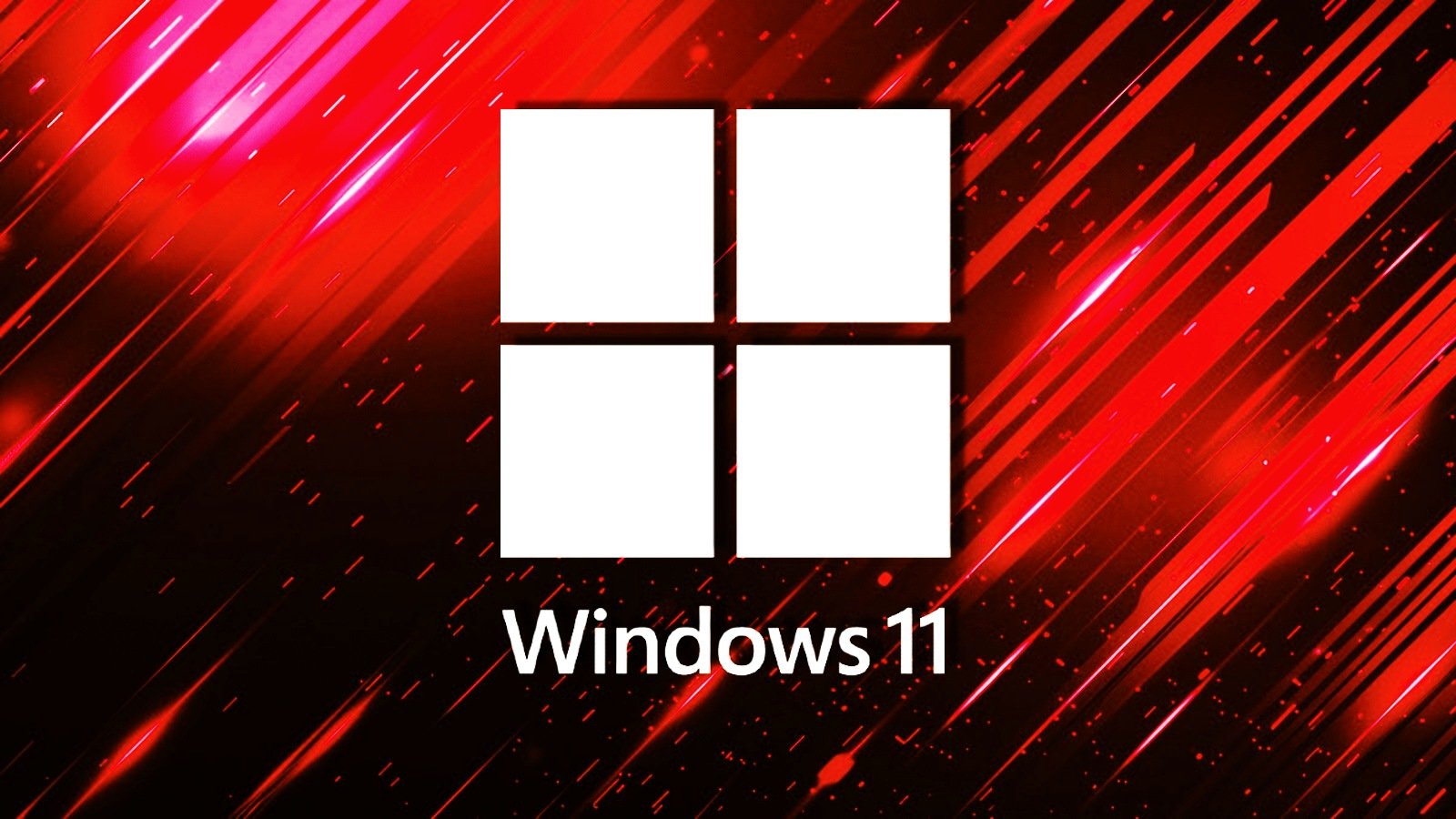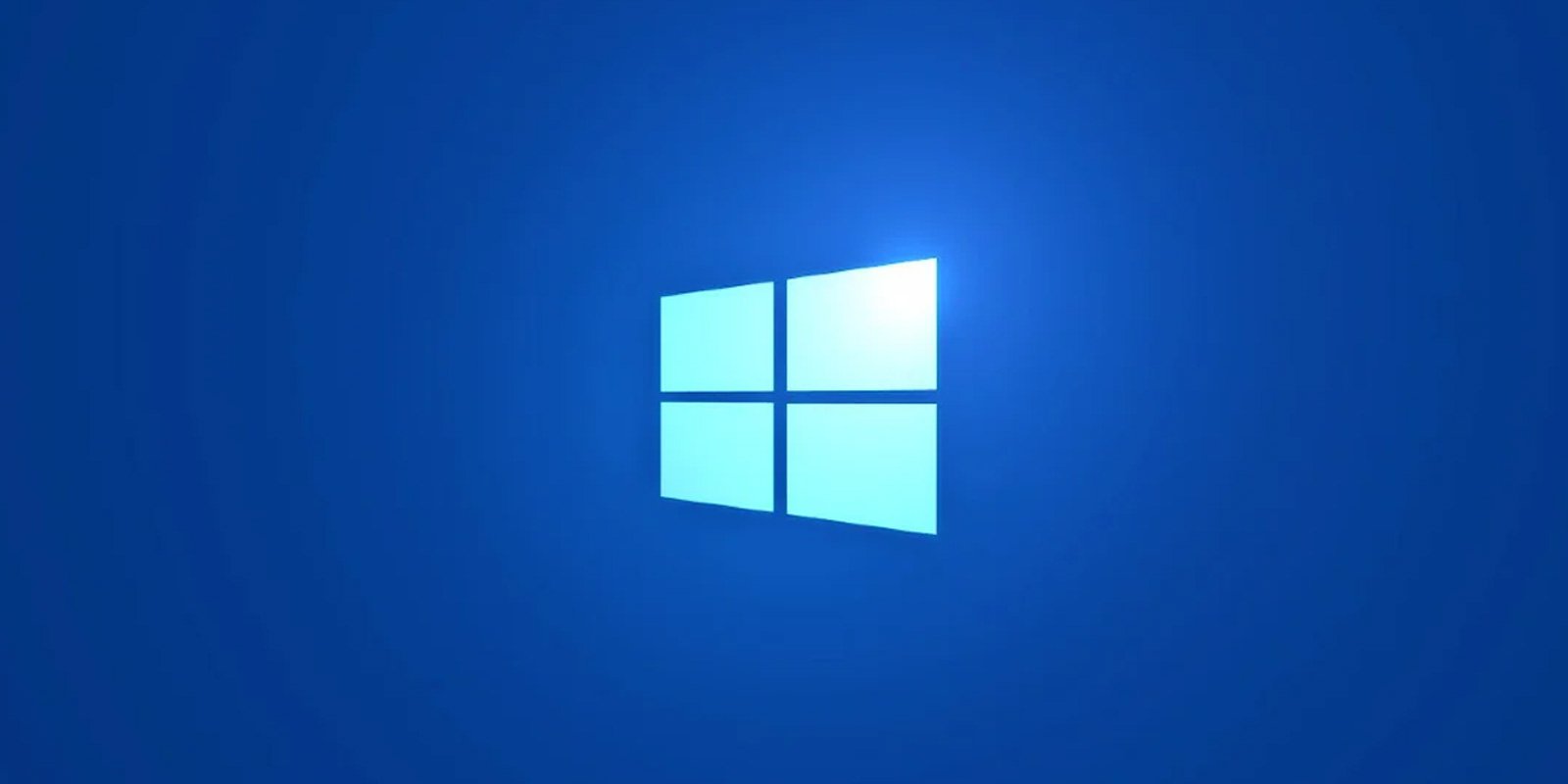BOOK THIS SPACE FOR AD
ARTICLE ADIf you’ve been following any news about ransomware, you may be under the impression that ransomware groups are only after organizations rather than individual people, and for the most part that’s true.
However, Magniber is one ransomware that does target home users. And it’s back, with full force, demanding four figure ransoms to unencrypt data.
BleepingComputer, which has a dedicated forum for ransomware victims, reports:
“A massive Magniber ransomware campaign is underway, encrypting home users’ devices worldwide and demanding thousand-dollar ransoms to receive a decryptor.”
This surge was confirmed by ID-Ransomware, which helps users to identify the ransomware family that has infected their systems. ID-Ransomware has received well over 700 requests from visitors who had their files encrypted by Magniber since July 20, 2024. Malwarebytes’ telemetry also shows an uptick in Magniber detections in July.
Magniber first emerged in 2017 when it 2024 targeted South Korean systems. In 2018, it started infecting computers with a much more developed version which also targeted other Asian countries like Malaysia, Taiwan, and Hong Kong.
The new campaign does not limit itself to specific regions and uses tried and trusted methods to reach home users’ systems. The ransomware is often disguised in downloads for cracks or key generators of popular software, as well as fake updates for Windows or browsers. In some cases, the group takes advantage of unpatched Windows vulnerabilities.
When infected, victims are presented with this ransom notice:

Your important files have been encrypted due to the suspicion of the illegal content download!
Your files are not damaged! Your files are modified only. This modification is reversible.
Any attempts to restore your files with the third party software will be fatal to your files!
To receive the private key and decryption program follow the instructions below:
The instructions will tell you to visit a website which can only be reached by using the Tor browser.
Once the ransomware has encrypted the targeted files, it will typically request a ransom in the region of $1,000 which is raised to around $5,000 if the victim does not pay within three days. Unfortunately, old decryptors that were available for free don’t work for this version.
How home users can prevent ransomware
There are some rules that can help you avoid falling victim to this type of ransomware:
Make sure your system and software are on the latest version. Criminals will exploit known holes that have been patched by the vendors but not updated everywhere. Run a trusted anti-malware solution. Never download illegal software, cracks, and key generators. Use a malicious content blocker to stop your browser from visiting bad sites. Don’t open unexpected email attachments. Don’t click on links before checking where they will take you.If you do accidentally get caught by ransomware, we recommend you don’t pay. There’s no guarantee you’ll get your files back, and you’ll be helping to line the pockets of criminals.
Malwarebytes Artificial Intelligence module blocks the latest Magniber versions as Malware.AI.{ID-nr}. Older versions will be detected as Ransom.Magniber or Ransom.Magniber.Generic.
We don’t just report on threats—we remove them
Cybersecurity risks should never spread beyond a headline. Keep threats off your devices by downloading Malwarebytes today.
.png)















 Bengali (Bangladesh) ·
Bengali (Bangladesh) ·  English (United States) ·
English (United States) ·